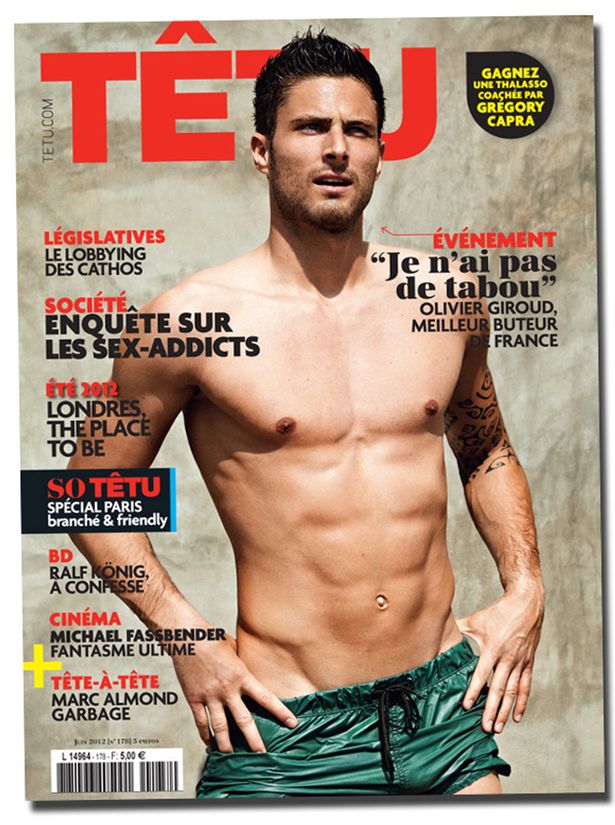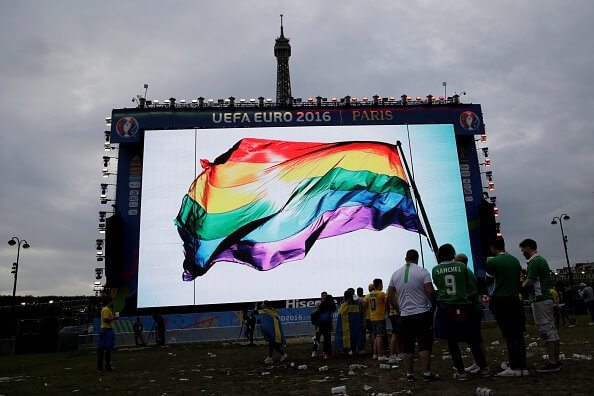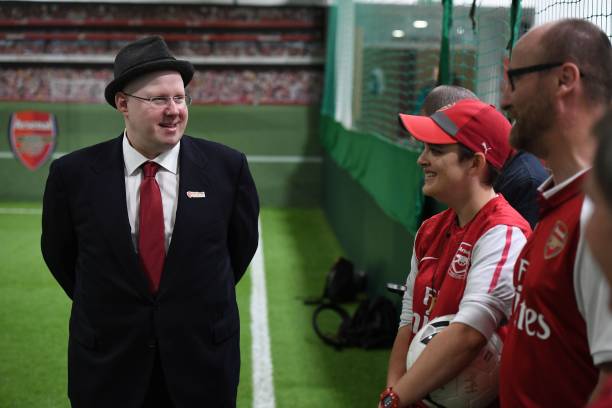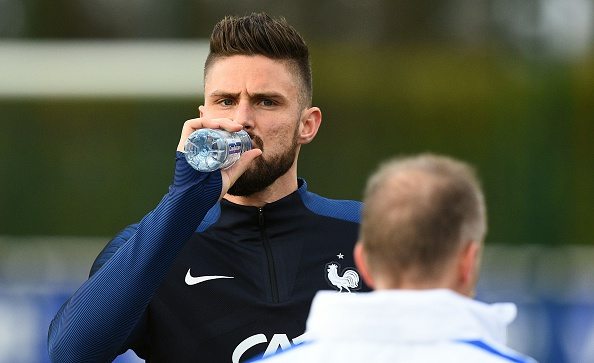Olivier Giroud has always been an ally in the LGBT fight and the former Arsenal forward has again spoken out about homophobia in football.
Famously, when Olivier Giroud was at Montpellier he was instructed not to pose on the cover of the gay magazine, Tetu. Giroud didn’t listen to his club and this was the end result:

Now, speaking to Le Figaro, Giroud said, “When I saw the German Thomas Hitzlsperger coming out in 2014, it was a highly emotive moment. That was when I said to myself it was impossible to display homosexuality in football.
“In a dressing room, there is a lot of testosterone, banter, showering together… It is a little delicate in that way. I understand the pain and difficulty of guys when they come out, that is a real fruition of working on themselves for many years.
“I am completely tolerant on it, when I was at Montpellier I engaged in this fight, notably when I went on the cover of Tetu, when Arsenal asked me to wear the “Rainbow Laces” in support of the gay community, I did it. There is still a lot of work to be done in the football world on this topic, that is the least that we can say.”

Unfortunately, Giroud’s attitude is not the prevalent one in football. Many football fans will regularly hear casual homophobia on the terraces. Stonewall, the UK’s leading LGBT charity, report that 72% of fan have heard homophobic abuse at games. Football is also lagging behind other sports as there are no openly gay players in the Premiership and, according to FA Chairman Greg Clarke, this is unlikely to happen any time soon as a player would receive ‘significant abuse’ if they were to come out.
A survey of 4,000 fans by BBC Five Live found that 82% of those polled would be comfortable with a gay player at their club but, rather alarmingly, 7% said they would no longer watch their team if they fielded a gay player. With a proportion of fans still holding such archaic views, it is not surprising that a high profile player has not had the courage to come out.

Over the past few years, there have been a number of initiatives to tackle the issue of homophobia within football. Stonewall launched its ‘Rainbow Laces‘ campaign which was supported by clubs from a grass routes level all the way up to Premier League teams, including Arsenal.
Charities such as ‘Football v Homophobia‘ have been established with one of their main drives being to encourage high profile clubs to dedicate a game each season to raising awareness of the issues of homophobia within the footballing community. Individual clubs have also created their own initiatives including ‘Arsenal for Everyone’ which began in 2008.
This celebrates diversity within the club and led to the creation of the ‘Gay Gooners’; Arsenal’s very own LGBT group. As supporters of the club, we should be proud that we have one of the first and the biggest LGBT football fan groups with members all across the globe.
In order to tackle the issues highlighted in the Commons Culture, Media and Sport Committee report that further highlighted the problem of homophobia in sport and made suggestions on how governing bodies can take a zero-tolerance approach, we need the footballing community to unite.
For this to happen the FA must take a leading role. However, as the 2017 vote of ‘no confidence’ in the FA from the House of Commons has demonstrated, the organisation is outdated.
The FA LGBT action plan will only come to fruition if there is greater diversity in the rulemaking structure. Homophobia in football is an issue that needs to be tackled; clubs need to do more to educate fans and ostracise those found guilty of homophobic behaviour.
In turn, this will allow openly gay footballers to ensure that football mirrors modern British society.


